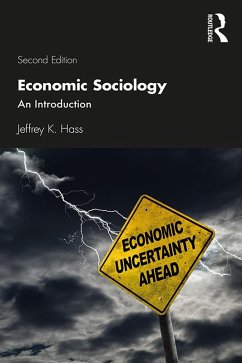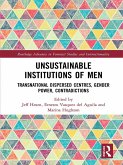Economic Sociology, 2nd edition, shows how economies are more than supply-and-demand curves, individual profit motives, and efficient performance: they are forms of power and structure, grounded in institutions and culture.
Dieser Download kann aus rechtlichen Gründen nur mit Rechnungsadresse in A, B, BG, CY, CZ, D, DK, EW, E, FIN, F, GR, HR, H, IRL, I, LT, L, LR, M, NL, PL, P, R, S, SLO, SK ausgeliefert werden.









